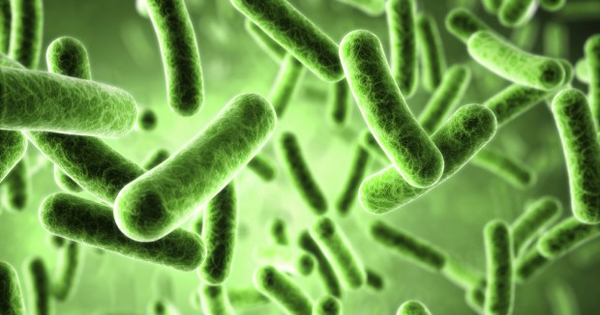Early exposure to germs
According to the ‘hygiene hypothesis’ early life exposure to germs determines adulthood sensitivity to allergies such as hay fever and asthma and autoimmune diseases such as coeliac disease and inflammatory bowel disease. The ‘hygiene hypothesis’ has been proposed as an explanation for increase of allergic and autoimmune diseases in urban settings.
Changes in exposure to microbes with changes in medical treatment, such as increased use of antibiotics and increased rates of caesarean section births are also implicated.
One strong piece of research that not only supports the ‘hygiene hypothesis’ but proposes a mechanism for action was published online in Science in 2012. Researchers at Brigham and Women’s Hospital conducted a study indicating that exaggerated inflammation (in mice) was caused by the hyperactivity of a unique class of T immune cells. Exposing germ-free mice to microbes during their first weeks of life led to a normalized immune system and prevention of diseases, but this did not happen with germ exposure later in adult life. The protection provided by early-life exposure to microbes was long-lasting, as predicted by the hypothesis.
“These studies show the critical importance of proper immune conditioning by microbes during the earliest periods of life,” said Richard Blumberg, MD, study co-author. “Also now knowing a potential mechanism will allow scientists to potentially identify the microbial factors important in determining protection from allergic and autoimmune diseases later in life.”
Immune system response to germs
Stay with me here as this ‘hygiene hypothesis’ gets even more interesting if we consider the increase in autoimmune conditions that have a genetic component, such as coeliac disease. In a fascinating recent article published in the New York Times, Dr Luis Barreiro from the University of Montreal observed that many genes associated with autoimmune disorders have become more common. He proposes that with increased exposure and sensitivity or decreased resistance to pathogens, the genes for autoimmune conditions, which also increase immune response, helped people survive. So possibly, while increasing prevalence of autoimmune disease, they decreased prevalence of death!
As my investigation of the ‘hygiene hypothesis’ progressed into other factors that influence the type and number of bugs in the human gut, things got more interesting (and messier). Two fascinating applications of microbiome research were repeatedly referred to, and relate to method of birth and faecal transplants.
Birthing and bugs
Some diseases are more prevalent throughout life stages after caesarean delivery than after vaginal birth. In reviewing the evidence on this topic, Josef Neu and colleagues suggest that the microbes that “seed’ the intestine during delivery may lead to changes in long term colonisation and subsequent altering of immune development. Colonisation differences with differing modes of delivery seems to be taking the hygiene hypothesis to an entirely new level, with some scientists proposing that babies born by C-section being swabbed with vaginal secretions to simulate as closely as possible a vaginal delivery.
Faecal transplants
We are only just beginning to understand the critical role gut bacteria plays in human health. Professor Tom Borody is at science’s new frontier, manipulating the bacteria that live in the human gut by injecting healthy donor human stool into the intestines or colons of people with diseases including Crohn’s and colitis, auto immune and neurological diseases.
While some doctors regard faecal transplants as potentially dangerous due to the possibility of genetic transfer of other health problems from the donor, many with digestive issues that severely impact on their quality of life are willing to take the risk. Two of Australia’s biggest teaching hospitals are embarking on a large national trial on faecal transplants.
What’s in it for you?
Lifestyle changes could increase microbial exposure, but whether on balance this improves the balance of risks remains the subject of debate and research. Suggestions for improving children’s gut bacteria include natural childbirth, sustained breast feeding and physical interaction between siblings, washing hand with soap and water instead of steriliser and encouraging children to spend more time in “uncleaned” outdoor environments.
Suggestions for improving adult’s gut bacteria include a low inflammatory diet that includes prebiotics and probiotics.
References

